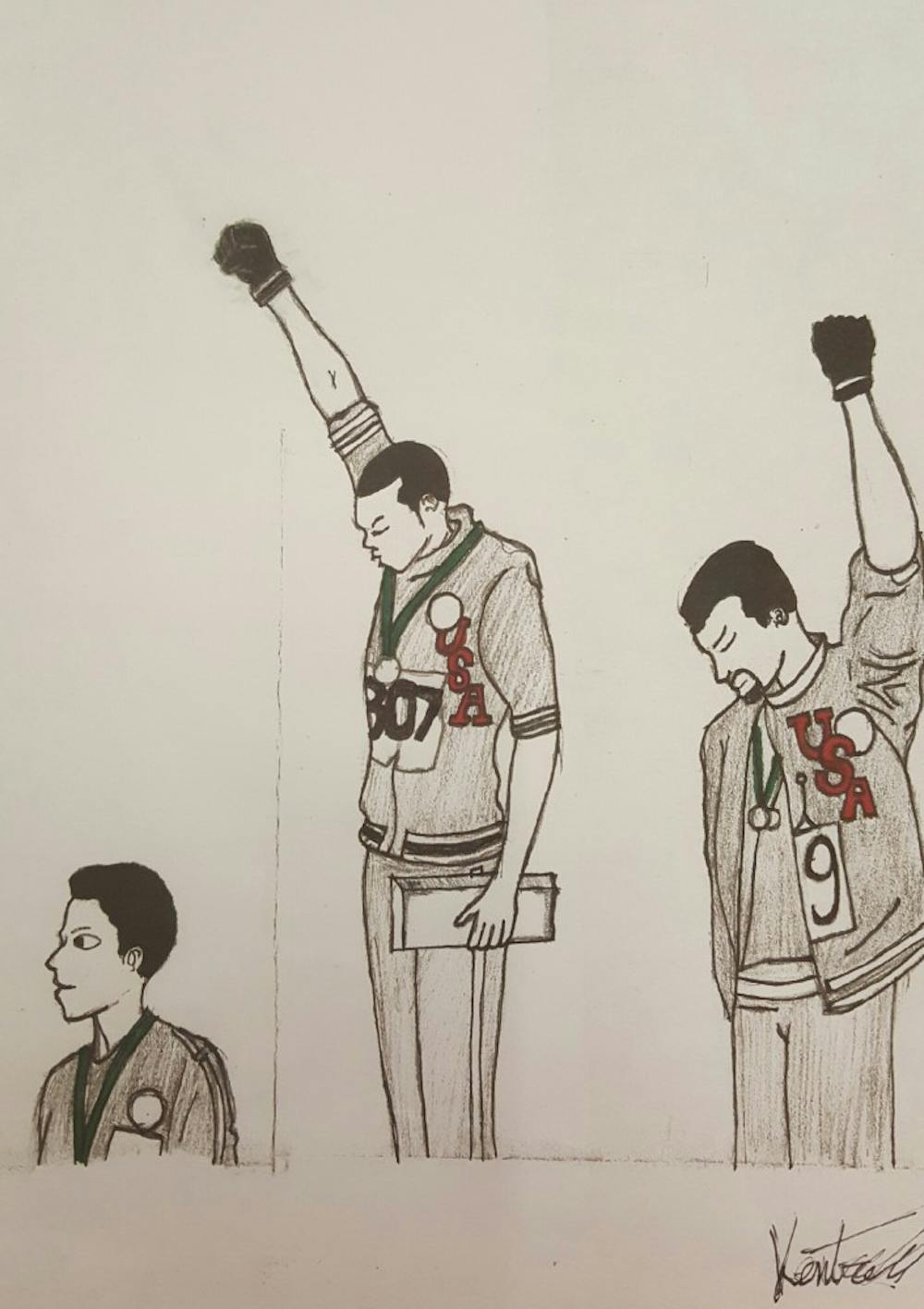In 2016, 193 African Americans have been killed by police officers.
Celebrities in the black community like Colin Kaepernick and Beyonce have made efforts to draw attention to racial issues (particularly against blacks) in the United States. Even though African-Americans are dominating in the media as high profile entertainers and athletes, they still face obstacles when it comes down to racial equality.
You would think that when public figures like football-player Kaepernick and entertainer Beyonce advocate for black rights, monumental changes would have been made in political and social justice for blacks. But surprisingly, their efforts have not had as much of an effect on the community as they should have.
Since Kaepernick began to protest on Aug. 26, 67 people have been killed by police, 25 percent of those being black. Blacks have been fighting for rights ever since slavery.
On Jan. 1, 1863, the 13th Amendment was made to the Constitution, that gave African-Americans freedom from slavery, and not too long after, the right to vote. It's 153 years later. Why are African Americans and their rights still being tampered with?
Growing up in predominantly white school systems, I have been discriminated against on numerous occasions. Whether I was denied an opportunity because of my skin color, or been a direct victim of a racist verbal assault; my experiences have molded me into the person I am today.
These incidents have thickened my skin and aided me in forming better responses towards racial accusations.
I often had to shake off the comments from people who did not look like me. It may have been hard but because I was directly exposed to different races throughout a majority of my education, I have become a more diverse person all together. Exposing myself to different views has showed me other side of life. I'm not afraid to be thrown into certain situations where I do stand out because I have learned to accept who I am as a person and rise above what is expected of me from other people. I believe that this exposure early on will help me easily transition into life after my high school graduation.
Due to the racial occurrences that have been happening in our society lately, many African American people, especially young adults, have become more sheltered than ever.
It's comfortable for many to stay in their social groups and not venture out. This trend is directly parallel to the trends of African American students going to college as well. Some find peace being surrounded around people who look just like them so that they won't have to deal with any disagreements or issues with other races.
Although this might make some feel better, it becomes detrimental to the progression of our race and its relations with others.
Stepping outside the box is not bad and no one should be afraid to do so. Be aware of what is going on in the world but don't let it hinder your potential. Meet someone new from another race. Getting ready for college, venture out of your comfort zone, apply or at least visit a PWI. A majority of predominantly white colleges are looking for diversity; don't be afraid to apply.
Don't let your complexion or background stop you from wanting to extend yourself. Nothing will change overnight but if we as african american people apply ourselves in the right way we will be able to defy stereotypes, rise above ignorant racism and most importantly stop our rights and ourselves from being tampered with.



